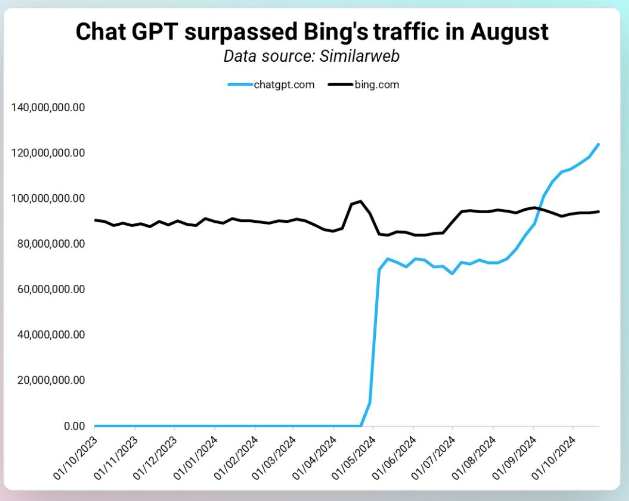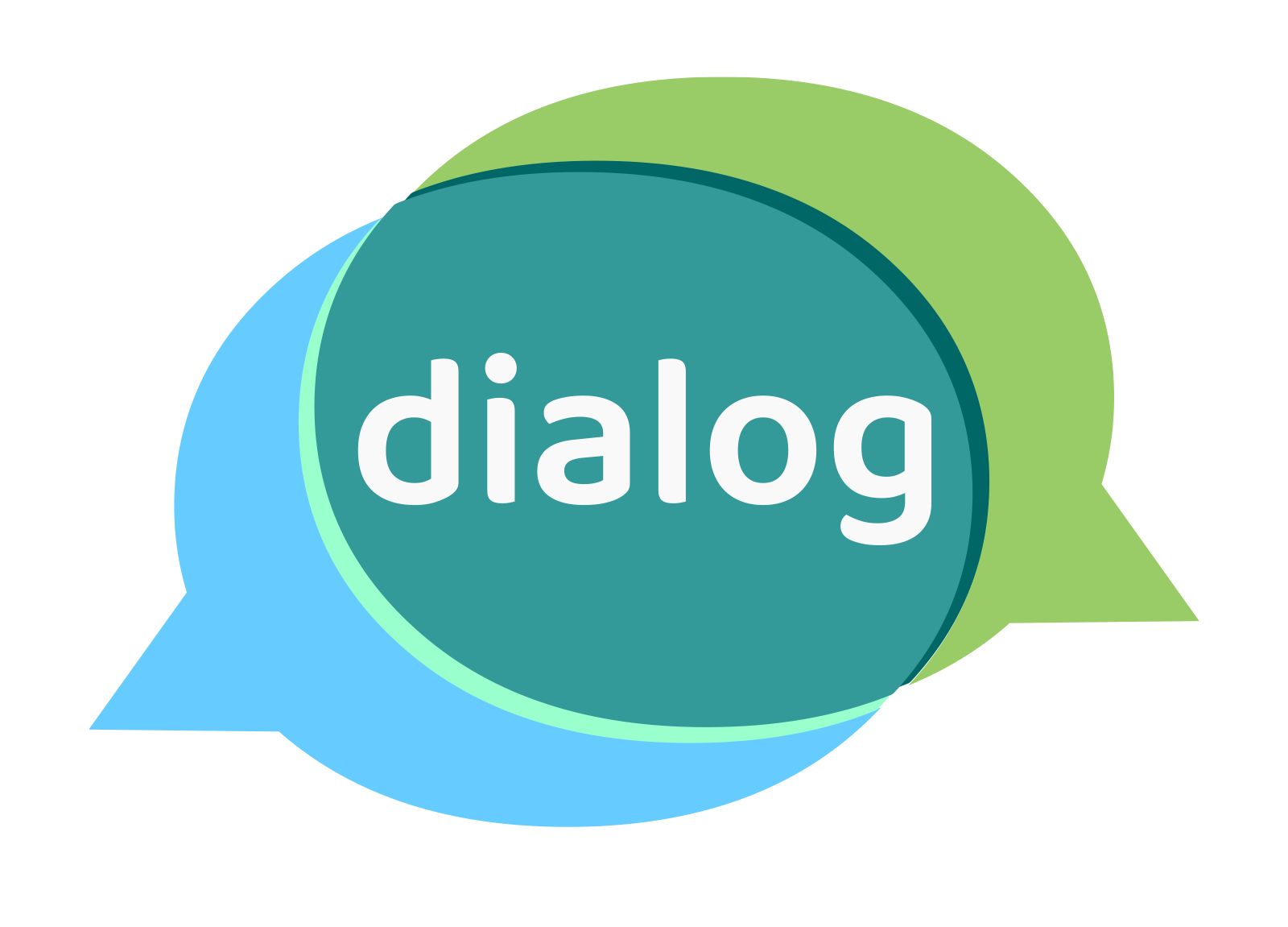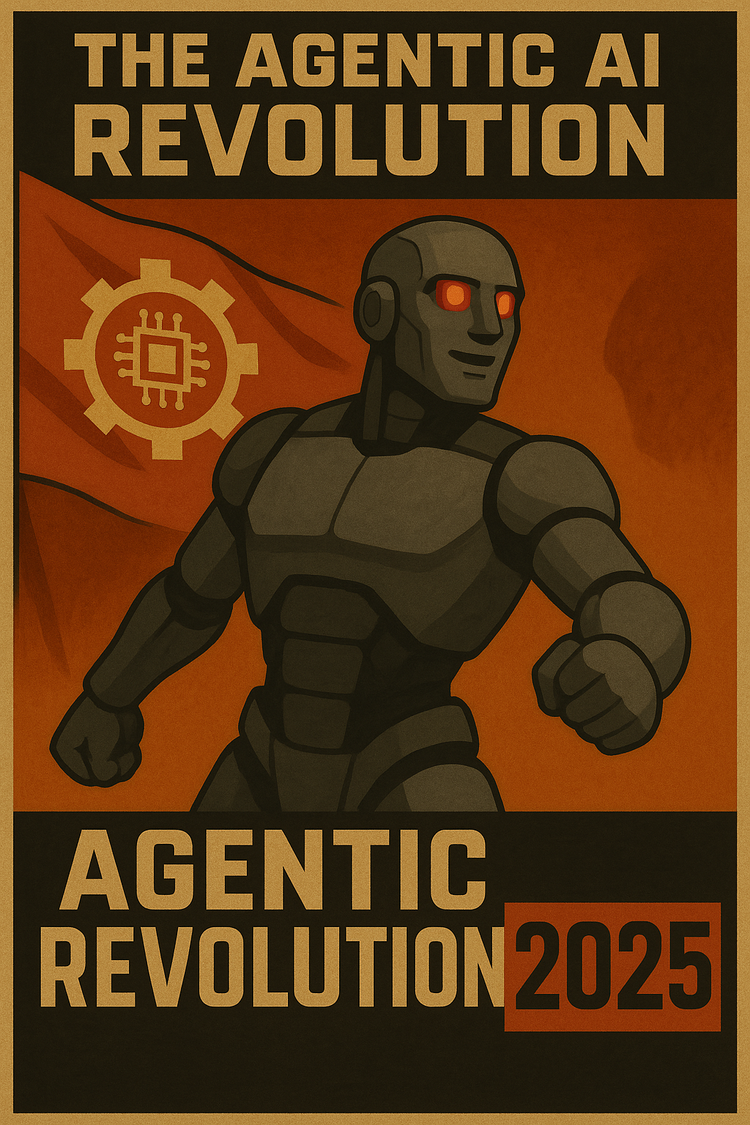'Agentic AI', ChatGPT Passes Bing, AI @Work: Hope vs. Fear

'Agentic AI' Is Upon Us
Microsoft, Anthropic and now Google are racing into a new phase of AI development: autonomous agents. Last week both Microsoft and Anthropic announced the availability of what amount to autonomous agents or "agentic AI." Agents permit automation of complex, multi-step processes today usually involving humans.
In its announcement, Anthropic explained that Claude can now interact with computers the way people do, by moving the cursor, clicking links, filling out forms ("computer use"). It can essentially take over your computer, with your permission of course. The company said it's not yet ready for widespread adoption. But soon it probably will be.

Google isn't far behind and is reportedly getting ready to demonstrate "Project Jarvis" (named after the fictional AI assistant to Tony Stark in "Ironman"). Reportedly it works. inside Chrome and can similarly take action on behalf of users. It's supposed to be capable of "gathering research, purchasing a product, or booking a flight." While the mechanics may be different the functionality or capabilities are similar to what Anthropic has announced.
There has already been considerable discussion of agents but so far limited real-world demonstrations. A few companies are already implementing agents to varying degrees. OpenAI is also actively working on agents as well.
This is coming very fast. There will likely be distinct tracks here, with enterprise SaaS companies (e.g., ServiceNow) implementing "business process" agents that increase efficiency, reduce time and reduce the need for employees. On the consumer side, agents may show up in different and multiple ways, almost certainly with (local) search and e-commerce implications: "if an airfare is $X buy a ticket for me."
Automation, of course, has been around for some time but autonomous agents promise to take on new levels complexity with greater efficiency. And undoubtedly agents will be playing out in the local marketing and SMB business operations realm.

News & Noteworthy
- Google expanding AI Overviews to more than 100 countries – This move partly seeks to preempt further ChatGPT, Perplexity traction.
- Facebook duplicates Google NotebookLM's celebrated "podcast" feature.
- OpenAI, MSFT giving $10M to local news – It's an effort to determine if AI can be used to help build sustainable businesses.
- One of France's top universities banned ChatGPT (and rivals) + revived a written entrance exam to combat potential AI cheating.
- Taboola using AI assistant to lure SMBs to use its ad platform.
- SMBs concerned about cyberattacks but generally unprepared.
- Prudential to use Google AI LLM specifically for healthcare to speed claims process and reduce errors. But there are significant risks.
- NYU's Galloway: AI is better as a "thought partner" than as a writer.
- AI powered robots may be folding your laundry one day (WSJ).
- AI probably isn't going to sell as many smartphones as OEMs hope.

Data & Discovery: ChatGPT Passes Bing
According to SimilarWeb, traffic to ChatGPT surpassed Bing in August. And it remains ahead today. This happened despite the fact that Bing Chat incorporates ChatGPT, which may not be widely understood.
It's a significant milestone because Bing has long been number two – albeit a distant number two – to Google. ChatGPT said this week that it has more than 250 million weekly active users, with the vast majority of its revenue coming from subscriptions.
The debate raging is whether ChatGPT is being used as a replacement or in addition to traditional search. (Our forthcoming consumer survey directly addresses this question.) There are conflicting data points and opinions. A little while ago we explored the question of whether ChatGPT (and AI generally) truly threaten Google's search monopoly.


AI @Work: Hope vs. Fear
You've read and heard a lot about how bullish enterprise executives are about AI adoption (or conversely how they feel competitive pressure to adopt). Regardless, enterprise adoption has been uneven and is proceeding in fits and starts, with some resistance from the rank and file.
A report from the Penta Group sheds some light on and documents a significant optimism gap between executives and employees over AI. Senior execs are much more familiar with AI and more likely to be frequent users. In essence, "senior executives believe AI will lead to job creation, while lower-level employees are more likely to expect AI to lead to job displacement." This is the core of the problem: employee fear about job security.
We've heard this, anecdotally, from a number of companies we've spoken to. It's clear employees need more education, assurances about job security and clear examples of how they stand to benefit from AI.


Dialog: ICYMI
- Larger Agencies Seeing Revenue Growth from AI Adoption – Smaller and larger agencies show the same adoption trends, except for revenue.
- Is AI Responsible for Recent Ad Industry Job Losses? – Is the advertising industry a canary in a coal mine?
- Does AI-Powered Search Truly Threaten Fortress Google? – The data are mixed on whether the Google search monopoly is at risk.





